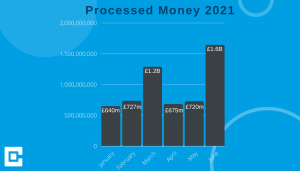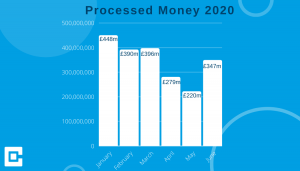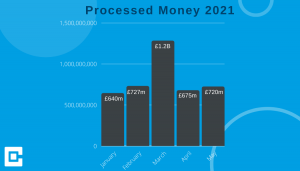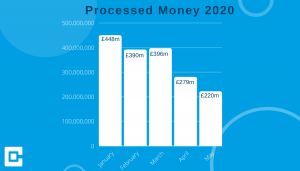Why you don’t have to do it all
Over the years we have been asked a couple of things repeatedly. Will you ever build your own case management system and will you ever offer your services to professions other than lawyers – in short, no.
We are experts in legal accounting. Cashroom eats, sleeps, and breathes legal accounting. We strive to ensure we are the most efficient, compliant and risk-free provider in the UK and doing this deserves dedication. Our clients deserve our full attention, and they get that. However, we know that lawyers need many other solutions to run a successful firm as well as our services and a good practice management system is one of these things. We log into the systems of over 230 law firms so we can safely say we know a lot about systems – the good, bad and the ugly!
With direct access to firms’ chosen platforms through our Cashroom portal, our outsourced specialists can offer support with Legal Cashiering, Management Accounts, Statutory Accounts and Tax Returns, Payroll and Credit Control.
The day of the “jack of all trades” are gone. Businesses who say they can do it all aren’t necessarily the best.
It’s about experts linking and collaborating to provide the best service for their clients. It is the correct skillful person completing the right task. Some companies do try to do it all and can succeed to an extent, but the world has evolved, and you can succeed better by collaborating with others.
If you are clever about it then it can look like you provide everything to create that one-stop shop but in fact you are integrating with others who are the experts in that area. Providing an easy one point of contact for clients but with the best service too.
The best software providers allow for integrations to create the best product for their client.
Look at Sky television. It has embraced Netflix and Amazon Prime by giving us access to their Apps all via our Sky subscription. The most obvious one is of course Apple. How many apps do you have on your phone because they have allowed EVERYONE to integrate with them. They give you everything you need on your device.
We want to work with the best and that is why we are enhancing our clients experience further by building integrations with the best practice management systems not just in the UK but in the world. Providing the best service is crucial and integrating with these systems enhances our client’s user experience.
Clio and Denovo have integrated with Cashroom. This allows firms to use their excellent case management systems alongside our leading legal accounting service. And we have more integrations being worked on right now. In-fact, LEAP and Klyant integrations will be launching really soon too.
When great teams come together, magic happens. Don’t fear collaboration, embrace it, and build an amazing business that provides the best service possible.
Cashroom are freeing lawyers from the complexities of Legal Accounting.
Emma O’Day

 Head of Product Development at Cashroom, Paul O’Day, said: “This is an exciting development and one that we’ve been working hard to achieve for several months. Law firms can now benefit from the ultimate in legal accounting efficiency. This a solution that links seamlessly between their PMS and our Cashroom portal. Cashroom’s legal cashiers and accountants continue to support any system of your choosing – to provide the most secure, efficient and compliant service for firms they are using technology to enable their expert service.
Head of Product Development at Cashroom, Paul O’Day, said: “This is an exciting development and one that we’ve been working hard to achieve for several months. Law firms can now benefit from the ultimate in legal accounting efficiency. This a solution that links seamlessly between their PMS and our Cashroom portal. Cashroom’s legal cashiers and accountants continue to support any system of your choosing – to provide the most secure, efficient and compliant service for firms they are using technology to enable their expert service.

 KAPOW! Connectivity and technology issues.
KAPOW! Connectivity and technology issues.
 WHAMMY! Cyber Fraud.
WHAMMY! Cyber Fraud.














